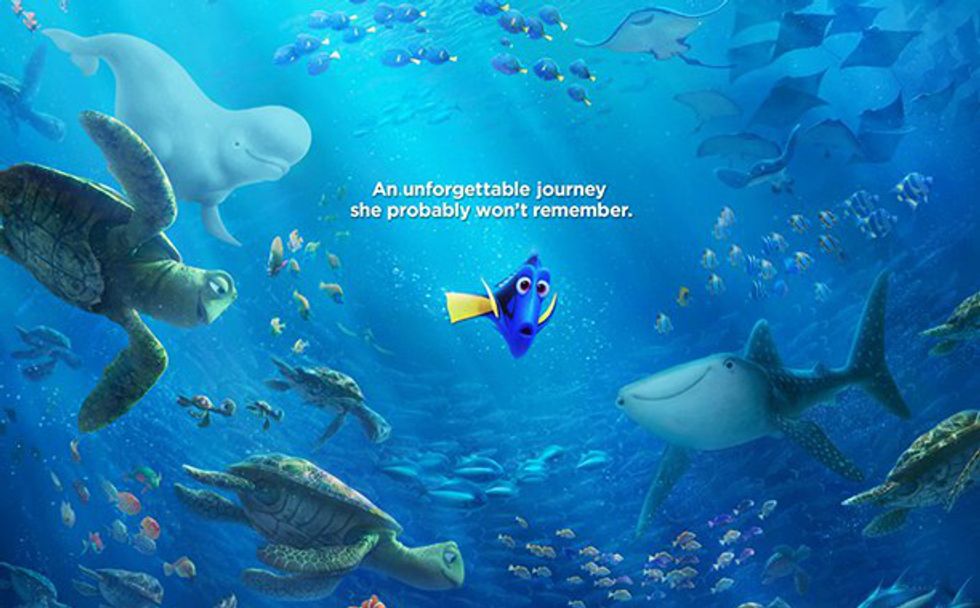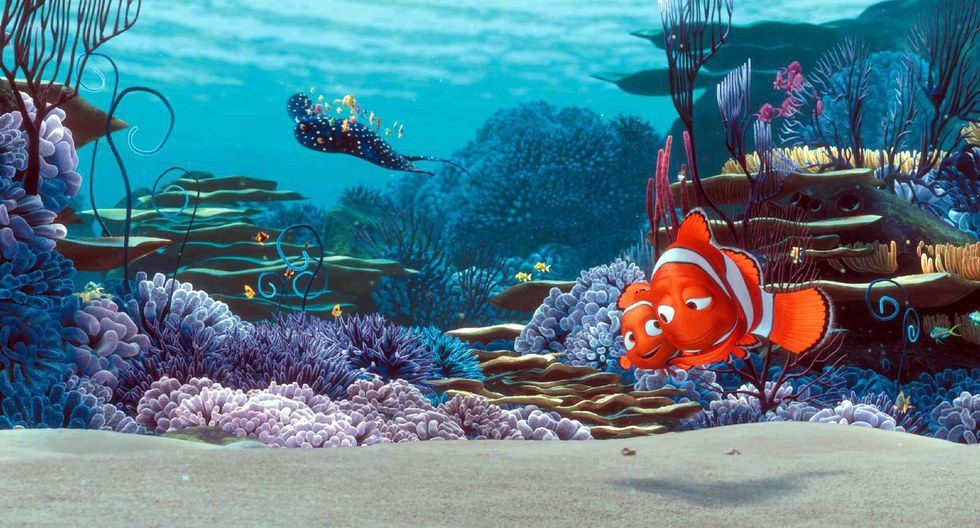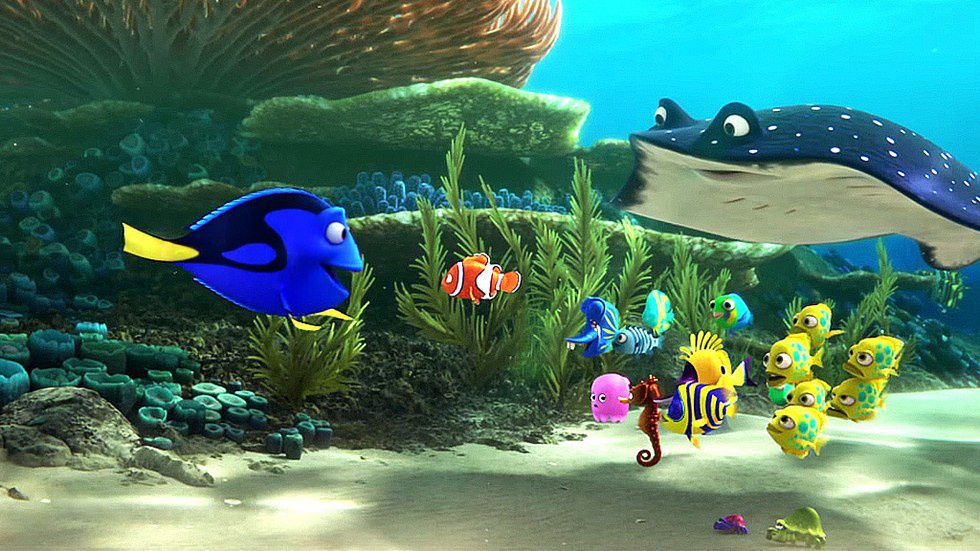Finally, after many, many, many (thirteen to be exact) years, the much anticipated sequel to Pixar’s hit movie "Finding Nemo" is swimming into theaters this weekend. "Finding Dory" tells audiences a story of Dory’s search for her parents, from whom she was separated as a child. At first glance, it’s easy to think that both movies are about parents learning to trust their children. After all, Pixar demonstrates this in a way which just tugs at your heartstrings. After Nemo’s father is left to take care of his young son alone due to his wife and many of their eggs eaten by a barracuda, "Finding Nemo" is primarily about the parent-child relationship, and we watch as Marlin learns how to deal with Nemo becoming more independent. Even though the parent-child relationship is shown quite artistically in both movies, another issue that is brought to the surface is that of disabilities. The barracuda attack on his family caused trauma to Nemo’s egg, and he hatched with a small right fin that somewhat impairs his swimming. As for Dory, her short-term memory loss means that she repeats herself, forgets what she’s doing or where she’s going, and even how to find her way home.
Dory’s memory loss is often portrayed comedically in the film, as it is an animated film directed toward entertaining a younger audience. However, in real life, it would be taken quite seriously. Can you imagine having short term memory loss? The way Nemo and Dory’s parents handle their children growing up and becoming more independent is quite different and that is something to take note of. Even though Nemo is determined and persistent to swim just as fast and far as his sea creature friends, Marlin sees his disability as a weakness and vulnerability. On the other hand, Dory’s parents Charlie and Jenny see her disability as motivation and encourage her to find ways to help her remember, thus teaching her brain rather than trying to make it work in a way in which it does not. Even though Marlin is learning that Nemo’s disability doesn’t make his son weak, he does continue to make Nemo and Dory feel like their disabilities are what defines them. Thankfully, as Nemo is getting older, he is learning that he does have a say in what does and does not define him as an individual.
As the film progresses, Nemo points out to his father that criticizing Dory for the way her mind works is just as cruel and unfair as criticizing Nemo for his fin. “You made her feel like she couldn’t do it,” Nemo tells his father, suggesting that Marlin’s skepticism is a bigger obstacle for Dory than Dory’s own special brain. As Dory gets closer and closer to meeting her parents, she is introduced to more sea creatures who have disabilities just like her and while they see their disabilities as hindrances, Dory teaches them that they are talented in their own ways. "Finding Dory" is the type of movie that puts a smile on your face that doesn’t wear off even after the movie ends. One of the aspects I love most about it is that it shows that Dory’s capabilities aren’t limited, in fact her disability brings out how unique and creative she is. "Finding Nemo" and "Finding Dory" display that in a world where you can seem completely lost, with kindness you can overcome any challenge.








 Photo by
Photo by  Photo by
Photo by  Photo by
Photo by 



















